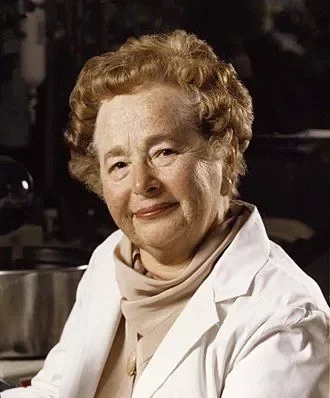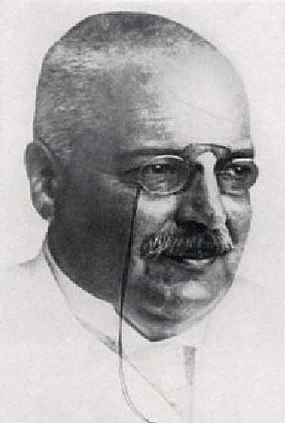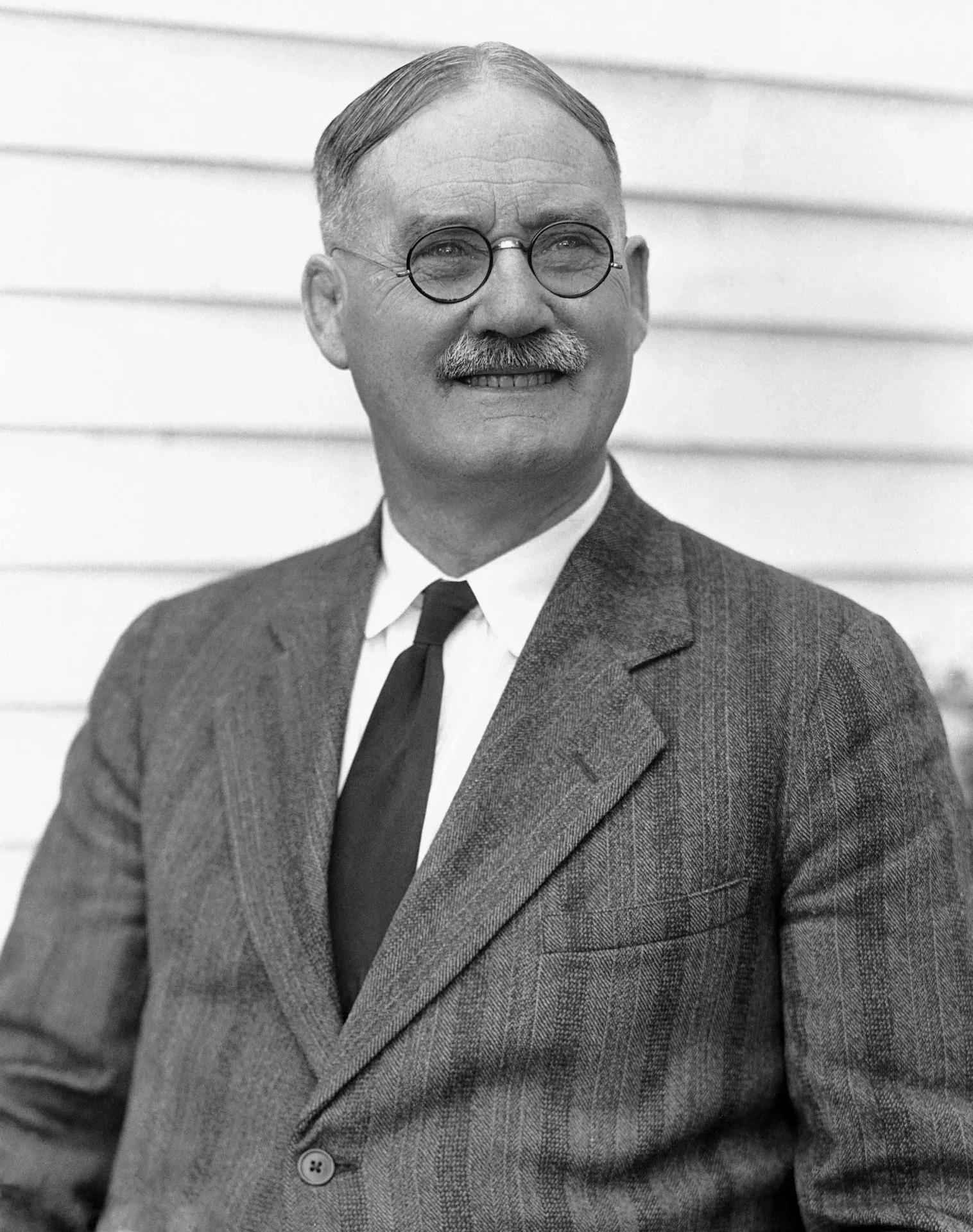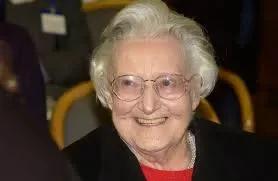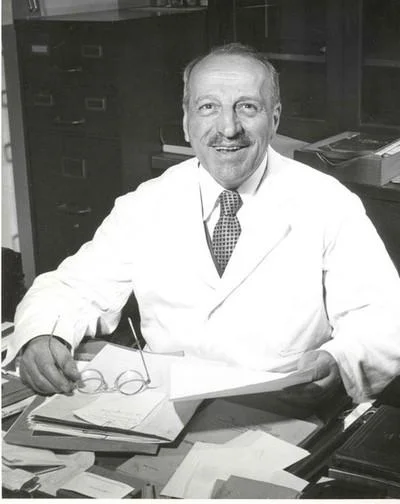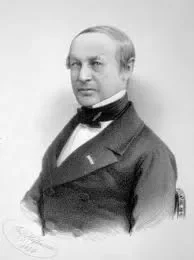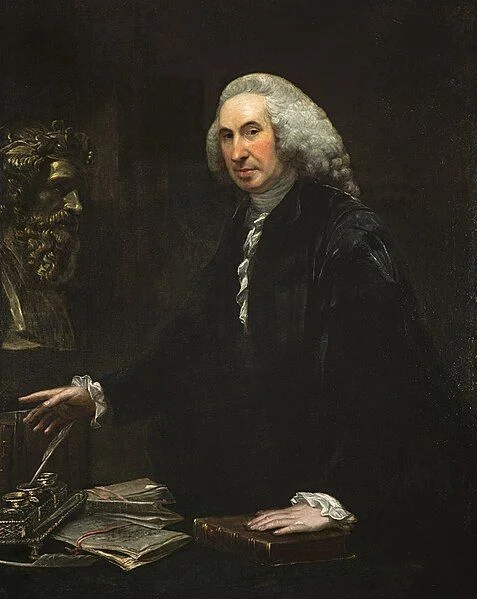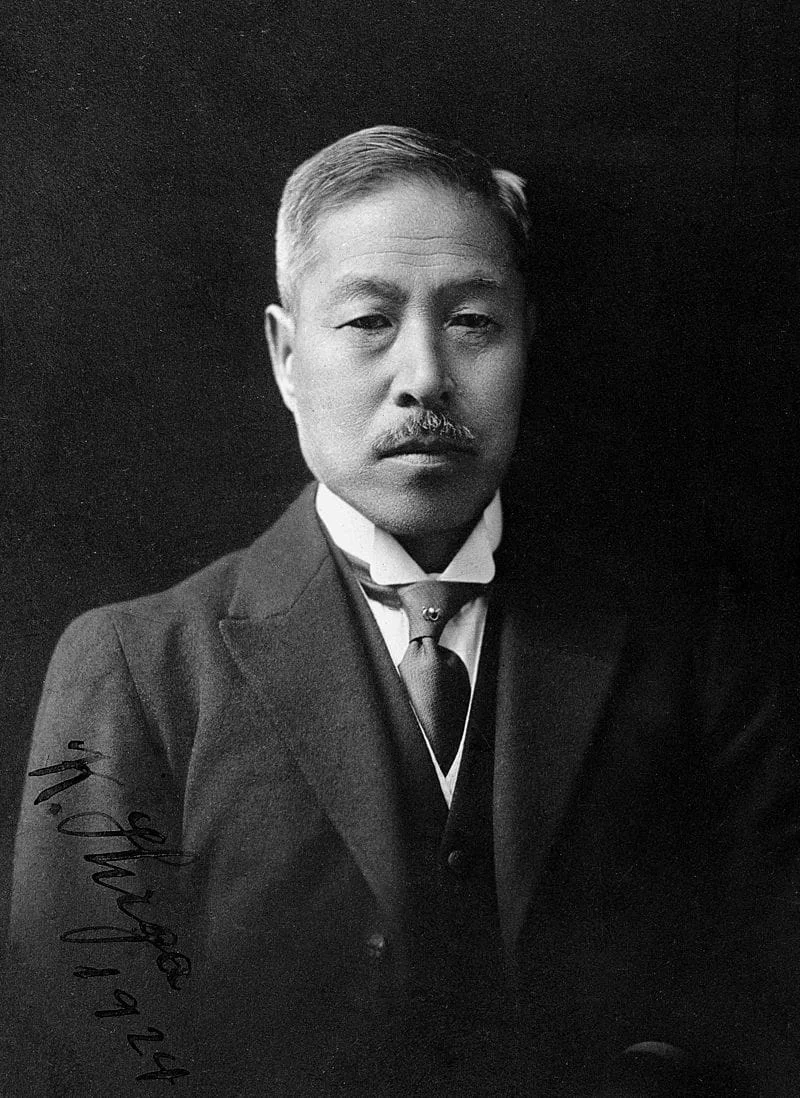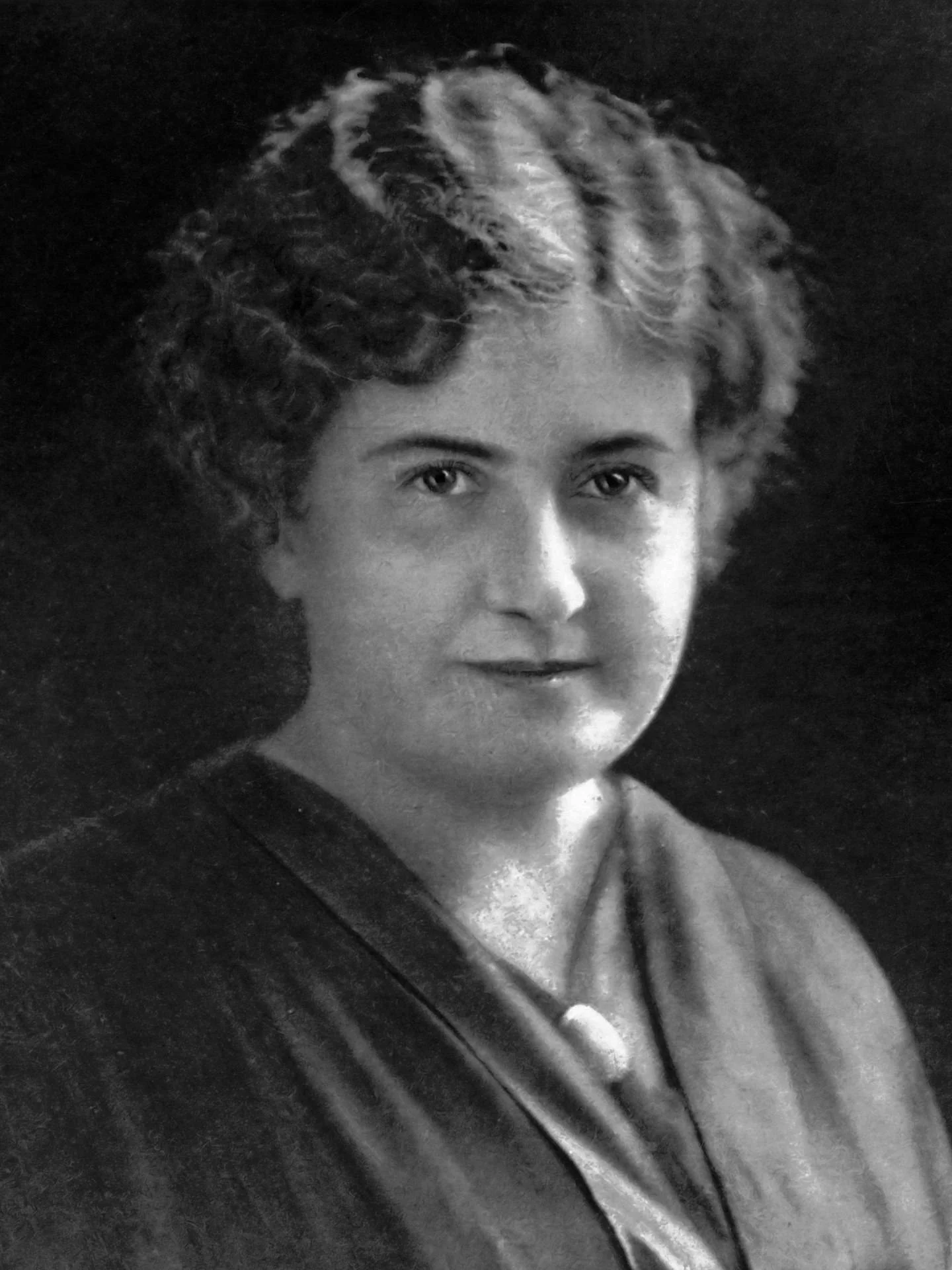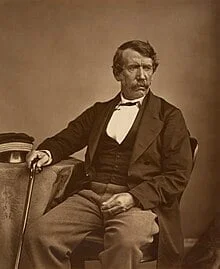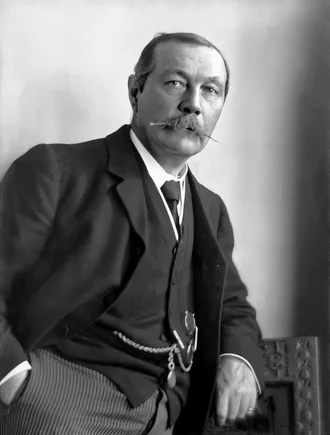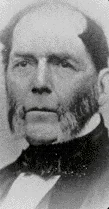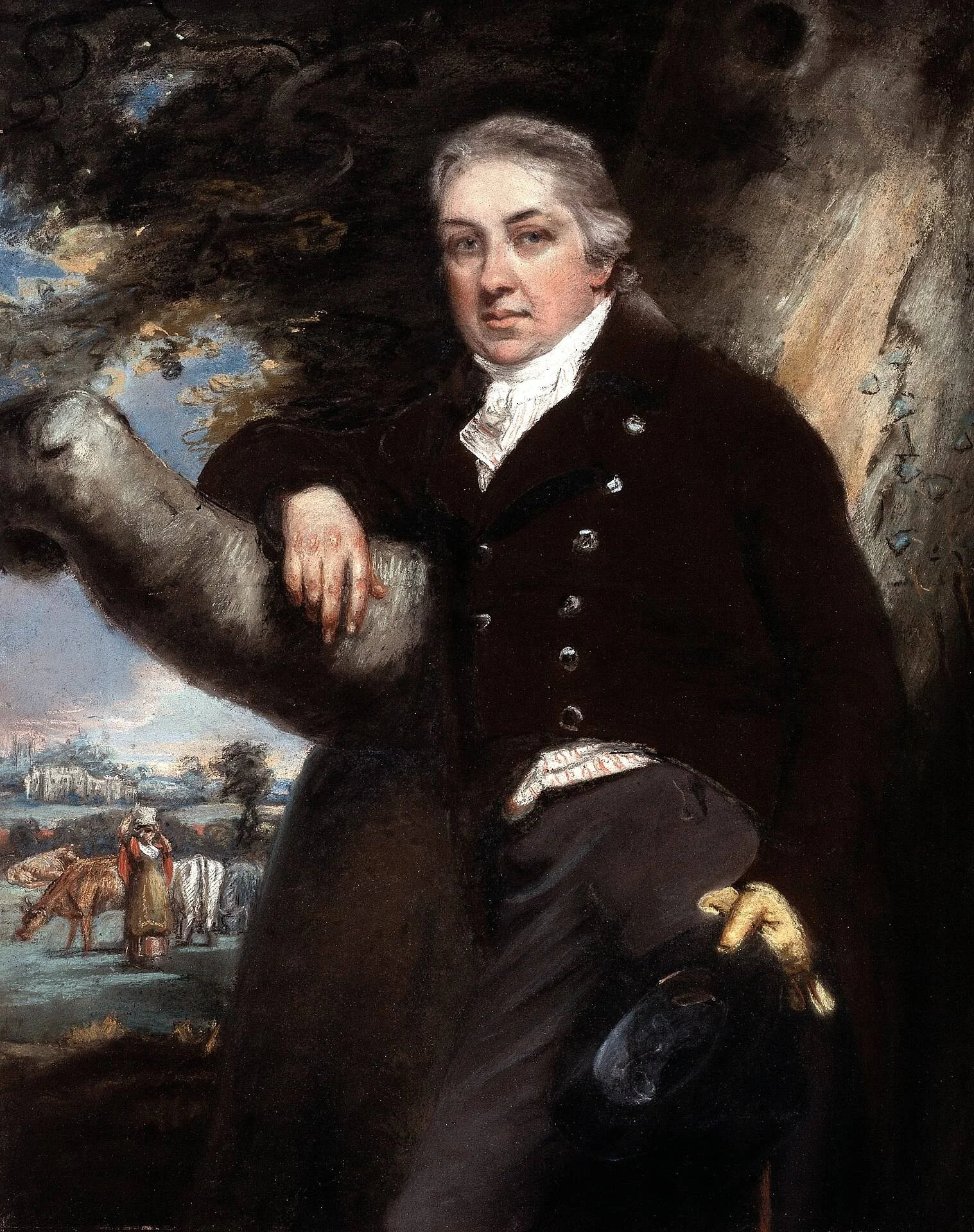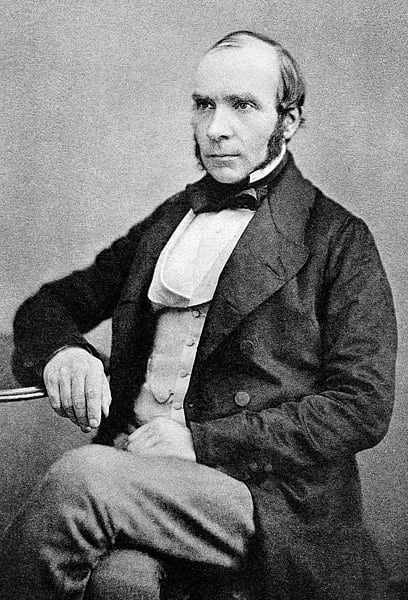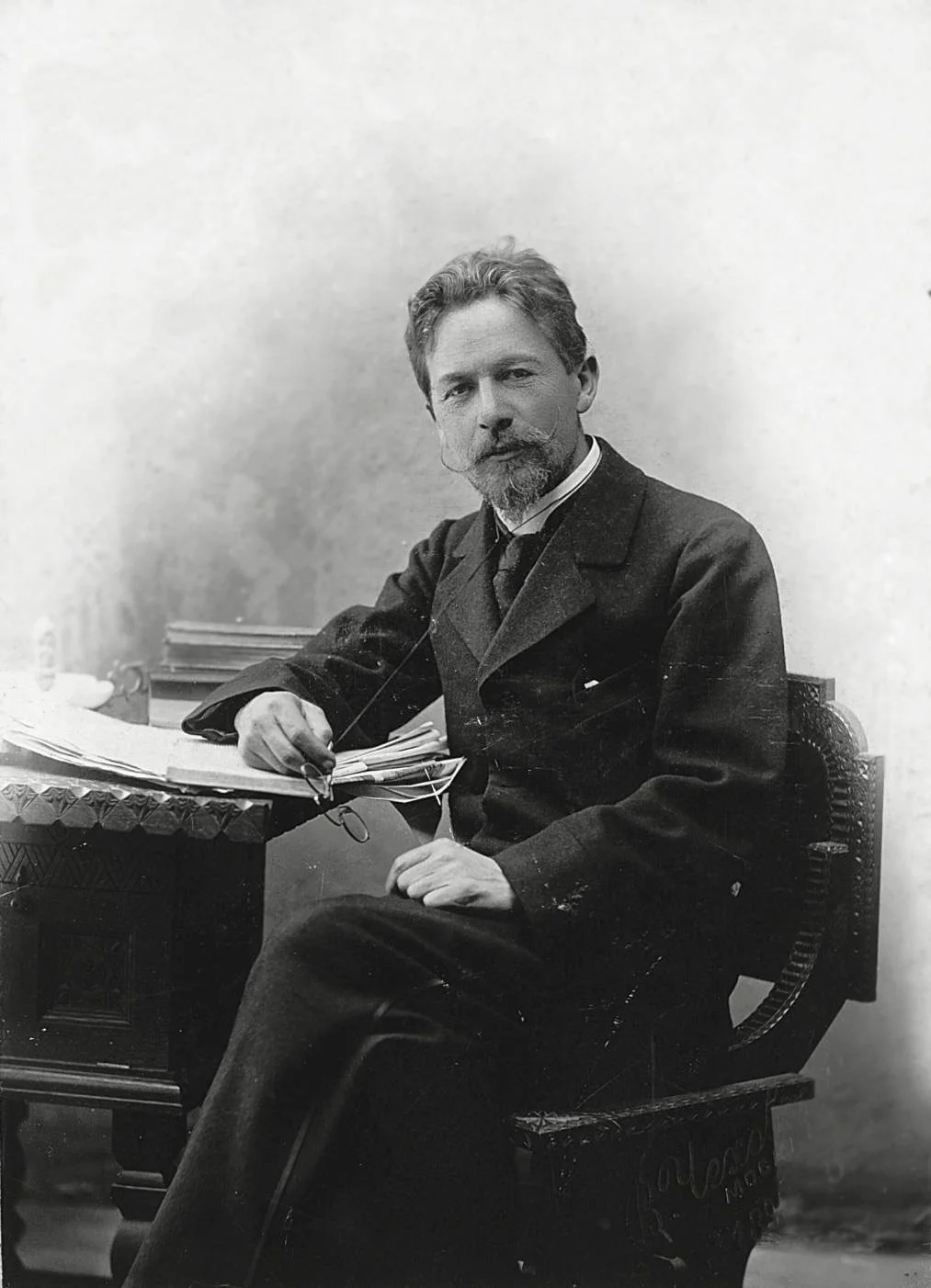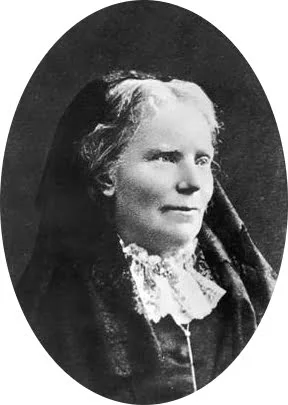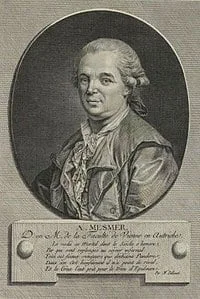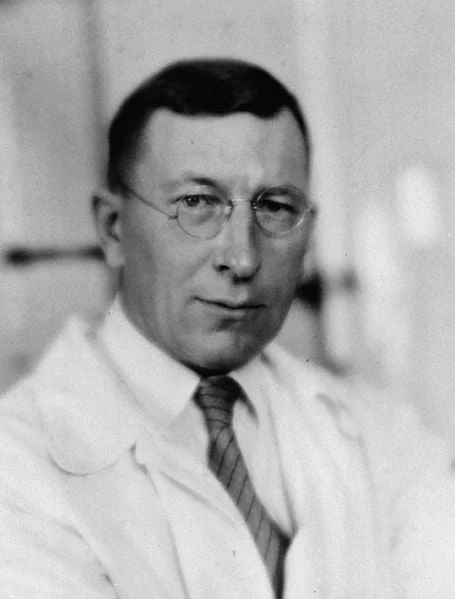Real Celebrities Never Die!
OR
Search For Past Celebrities Whose Birthday You Share
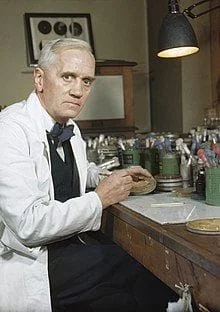
source:wikimedia.org
Alexander Fleming
Birthday:
06 Aug, 1881
Date of Death:
11 Mar, 1955
Cause of death:
Heart attack
Nationality:
Scottish
Famous As:
Bacteriologist
Age at the time of death:
73
Alexander Fleming's Quote's
Introduction to Sir Alexander Fleming and His Legacy
Sir Alexander Fleming was a man whose accidental discovery changed the course of medical history. Renowned as the discoverer of penicillin, the first antibiotic, Fleming’s work laid the foundation for modern medicine, saving countless lives and revolutionizing bacterial infection treatments.
Early Life and Education
Fleming was born on August 6th, 1881, at Lochfield near Darvel in Ayrshire, rural Scotland, where he attended Loudoun Moor School, Darvel School, and later Kilmarnock Academy. His educational journey took a pivotal turn when he moved to London, where he attended the polytechnic. Before embarking on his medical career, Fleming spent four years working in a shipping office. However, his desire for something more fulfilling led him to St. Mary’s Medical School, London University.
Medical Training and Early Influences
At St. Mary’s Medical School, Fleming worked with Sir Almroth Wright, a pioneer in vaccine therapy. Wright’s influence on Fleming was profound, and it was here that Fleming began his lifelong journey into bacterial action and the development of antiseptics. His dedication to his studies earned him the M.B., B.S. degree from London University, with a gold medal in 1908.
World War I and Continued Research
During the outbreak of World War I, Fleming joined the Army Medical Corps as a captain. Throughout the war, he focused on developing substances that could kill bacteria without harming human tissues. His work during this period earned him recognition, as he was mentioned in dispatches for his contributions. After the war ended in 1918, Fleming returned to St. Mary’s and was elected Professor of Bacteriology in 1928.
Discovery of Lysozyme
In 1921, while researching antibacterial substances, Fleming discovered an enzyme in human tissues and secretions, which he named lysozyme. Though it was not the breakthrough he was hoping for, it was a step in the right direction and demonstrated his ongoing commitment to understanding bacterial infections.
The Accidental Discovery of Penicillin
Fleming’s most famous discovery came in 1928. While working on the influenza virus, he noticed that a mold had accidentally contaminated one of his staphylococcus culture plates. Upon closer examination, he observed that the mold, later identified as *Penicillium notatum*, had created a bacteria-free zone around itself. This chance observation led to the discovery of penicillin, a substance that could inhibit bacterial growth.
Penicillin’s Path to Mass Production
Despite its potential, penicillin didn’t initially receive the attention it deserved due to the difficulty of producing it in large quantities. However, in the 1940s, during World War II, a team led by Howard Florey and Ernst Boris Chain at the University of Oxford successfully isolated and mass-produced penicillin, bringing Fleming’s discovery to the world stage. For their contributions, Fleming, Florey, and Chain were awarded the Nobel Prize in Physiology or Medicine in 1945.
Honors and Recognition
Throughout his career, Fleming received numerous accolades and honors. He was elected a Fellow of the Royal Society in 1943, knighted in 1944, and became an emeritus Professor of Bacteriology at the University of London in 1948. Fleming was also a Fellow of the Royal College of Physicians and served as President of the Society of General Microbiology. His achievements were recognized worldwide with honorary degrees from nearly thirty universities and prestigious awards like the John Scott Medal, the Albert Gold Medal, and the U.S. Medal for Merit.
Death and Legacy
Fleming continued to work and teach until his death on March 11th, 1955. He passed away at his home in London due to a heart attack at the age of 73. His legacy is one of curiosity, perseverance, and an unwavering commitment to improving human health, with penicillin standing as one of the most significant medical breakthroughs in history.
Name:
Alexander Fleming
Popular Name:
Alexander Fleming
Gender:
Male
Cause of Death:
Heart attack
Spouse:
Place of Birth:
Lochfield, Darvel, East Ayrshire, Scotland
Place of Death:
London, England
Occupation / Profession:
Personality Type
Logician: Innovative inventors with an unquenchable thirst for knowledge. Fleming was known for his innovative and analytical thinking, which led to his groundbreaking discovery of penicillin and his methodical approach to scientific research.
Fleming’s discovery of penicillin was accidental, occurring when he noticed mold killing bacteria in a petri dish.
Fleming warned about the danger of antibiotic resistance early on.
He initially pursued a career in shipping before turning to medicine.
Penicillin was not used widely until the 1940s, after further research and development.
Discovered penicillin in 1928.
Elected a Fellow of the Royal Society.
Knighted in 1944 for his services to medicine.
Pioneered research in antibacterial agents.
Shared the 1945 Nobel Prize in Physiology or Medicine.

